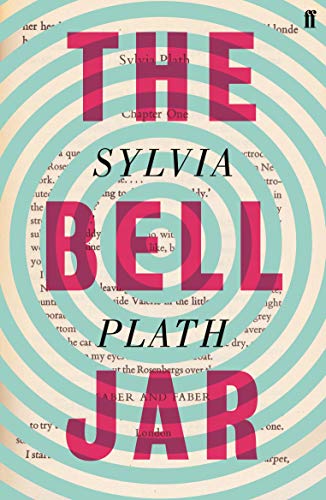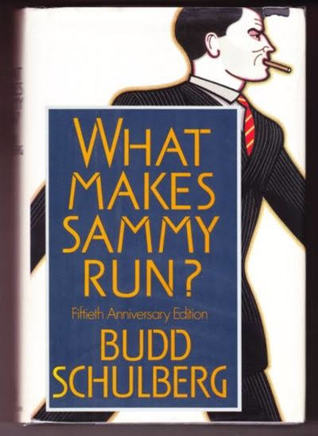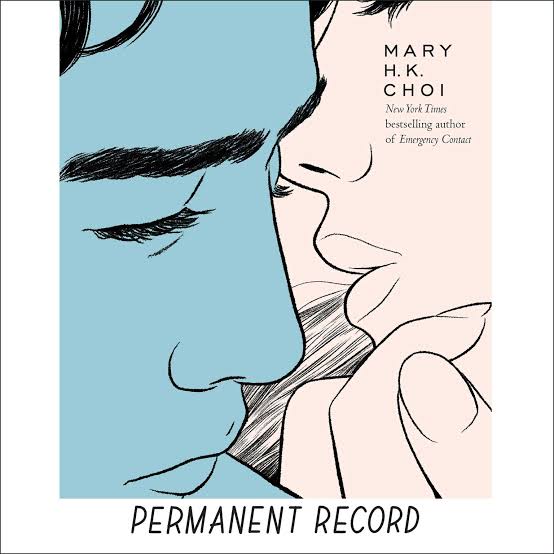The world doesn’t need yet another review of Sylvia Plath’s The Bell Jar. Especially by a man.
I get it.
Yet I loved it so much, and so wish I’d been told how vibrant and witty it was earlier, that I was compelled to write this.
Perhaps I never read it before because I’ve tended to read mainly male writers in my youth – and so I stuck with the usual cliches of Charles Bukowski, Henry Miller, Ernest Hemingway, and so on.
I also probably avoided it because I had the wrong impression.
We all tend to associate her with depression and suicide, yet what struck me as soon as I started reading this in a bookstore (I’ll give Title in Barangaroo, Sydney a shout out, since it’s a great store) was how witty, breezy and full of life it is – even though the darkness within it progressively becomes more strident.
I love how defiant and independent Esther, the narrator of The Bell Jar, is: I also like her witty, and often caustic, commentary on the world around her, from the social scene in Manhattan to the mental hospital wards she ends up in.
I suspect Plath would have loathed Bukowski, and for good reason. Yet there are strong similarities in their characters’ refusal to play along with society’s expectations of them – which is why so many men and women tend to feel like they found a kindred spirit when reading these two authors.
There’s also a similarity in how offensive their characters can be. Bukwoski’s misogyny is undeniable, whereas Esther looks down on anyone who isn’t white (and at one point even kicks a black attendant in the leg) while also insulting people who are fat or short.
Then again, I’ve never believed you have to like a character – or even the author. Many authors were blatantly anti-semitic – from Hemingway to Henry James – and yet, as much as they might have looked down on me for my race, I still respect their art as much as I loathe their opinions. Even when those opinions influence their work (as it did with Hemingway’s The Sun Also Rises).
These days it seems so common to just write off anything that crosses a line – but good fictional characters are flawed, and it’s a mistake to put them on a pedestal. We can admire Esther’s independence and her contempt for misogyny just as much as be disgusted by her racism.
And in the same vein, I loved this book, despite at times being repelled by it.
As Wilde once wrote: “There is no such thing as a moral or an immoral book. Books are well written, or badly written. That is all.”



